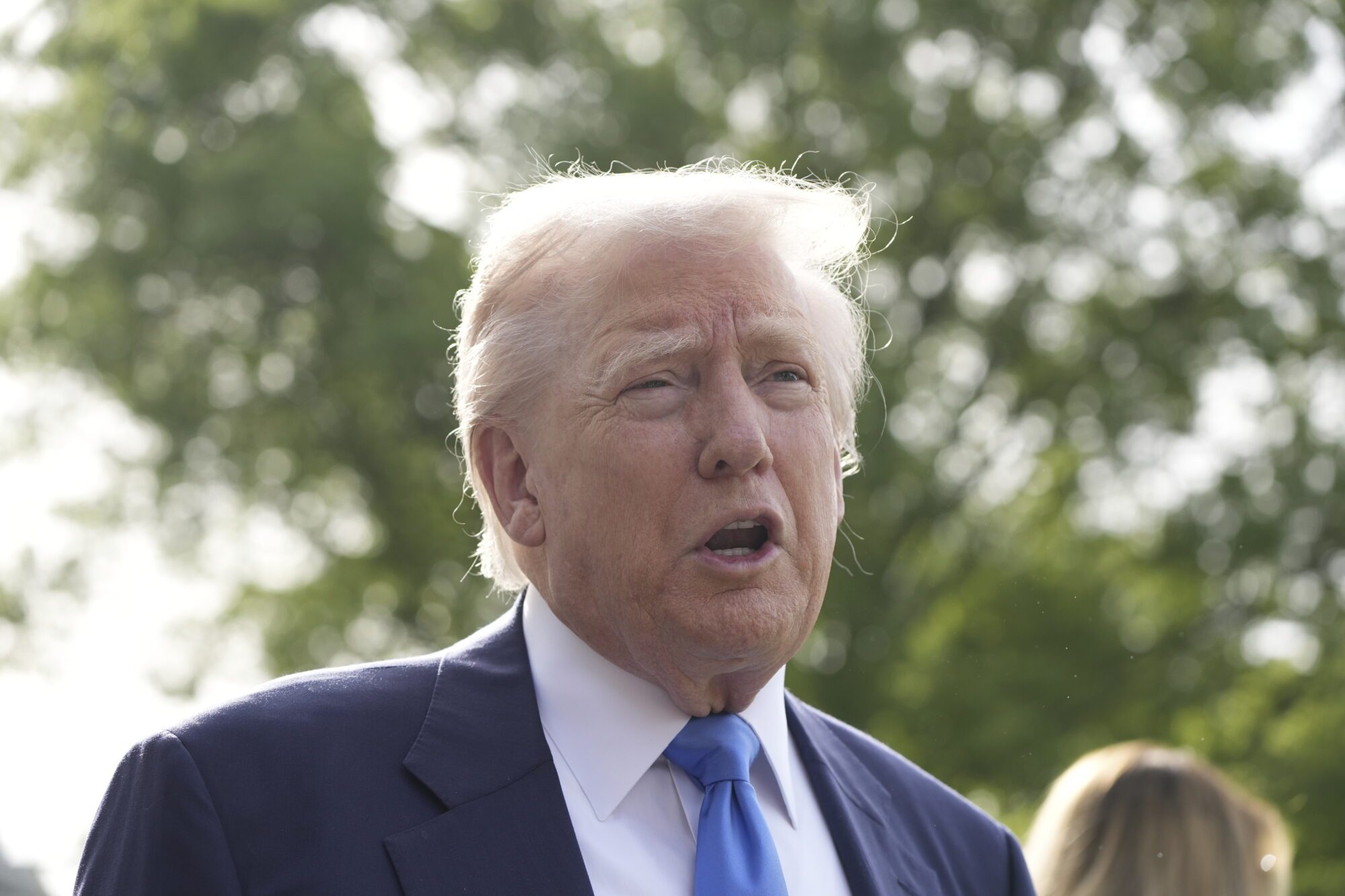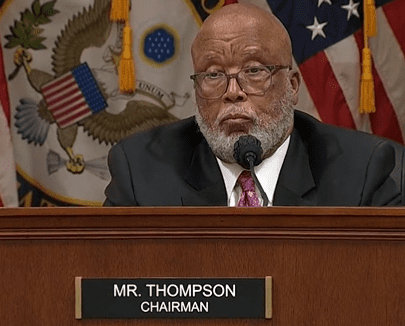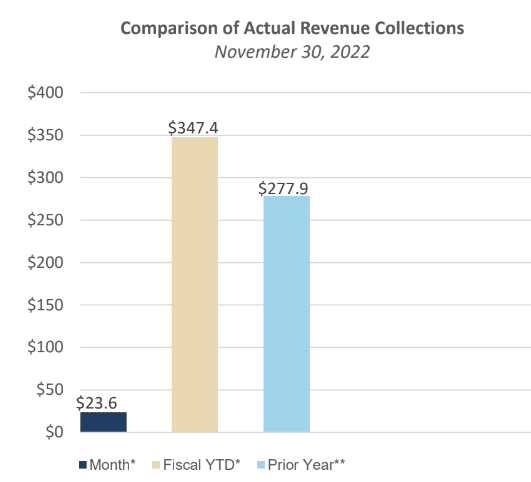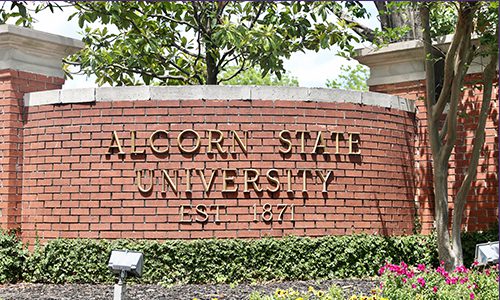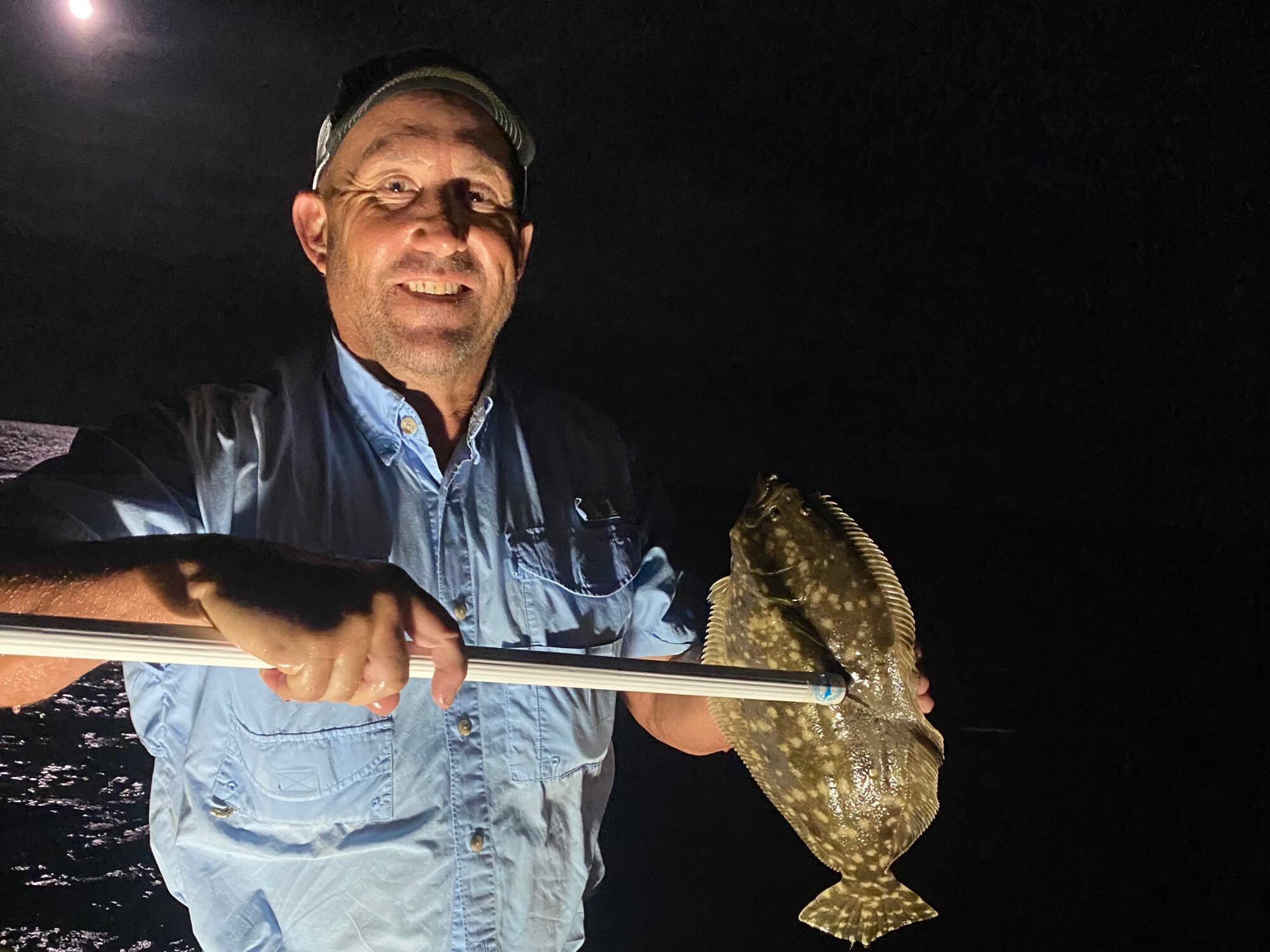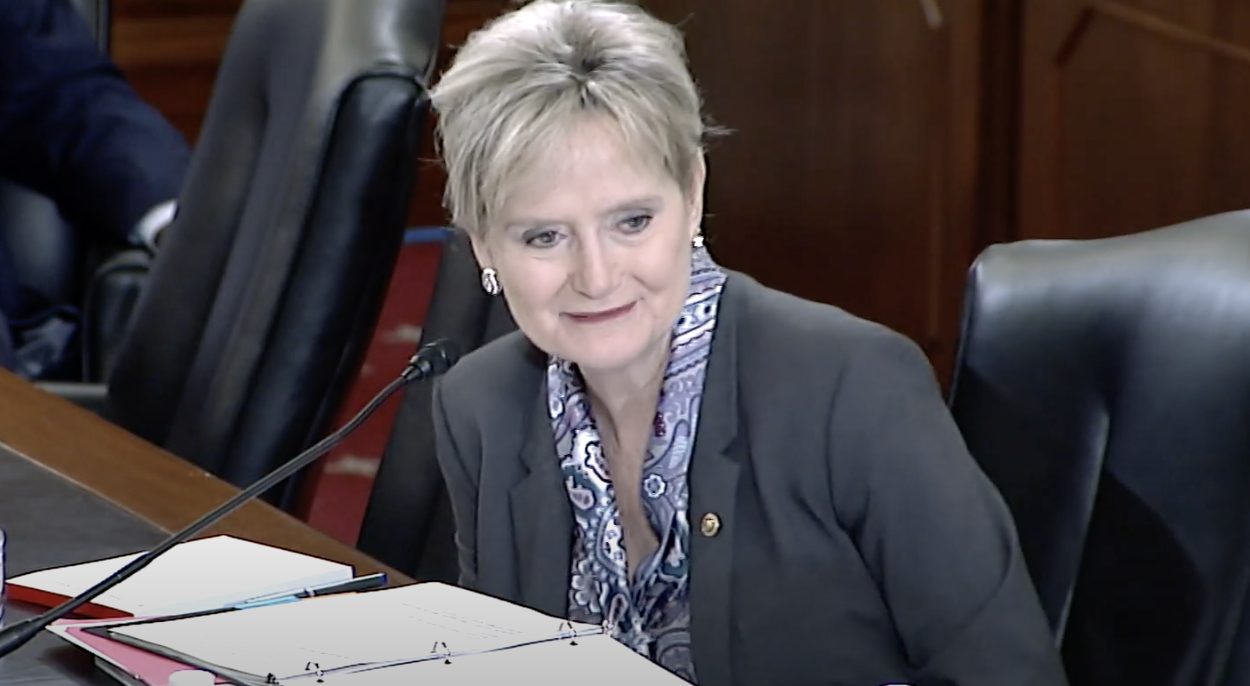
Senator Hyde-Smith says the nation’s food security and economic security are put at risk without sufficient veterinary oversight.
Mississippi U.S. Senator Cindy Hyde-Smith used the Senate Agriculture Committee meeting this week as an opportunity to start the conversation around the growing shortage of large animal veterinarians in rural areas. Her push was to find solutions to end the issue and comes in preparation of the 2023 Farm Bill.
The hearing, “Farm Bill 2023: Research Programs,” highlighted the need for a new Farm Bill that includes better incentives to recruit more veterinarians to work in underserved areas.
The overall hearing addressed U.S. Department of Agriculture (USDA) research, extension, and education programs, and included testimony from Alcorn State University President Dr. Felecia M. Nave.
“I want to talk about rural veterinary medicine. In Mississippi we have a tremendous shortage, and across the country, that threatens the long-term viability of our livestock industries. We have counties in Mississippi that don’t even have a large animal veterinarian, and that’s really what we’re hearing across the entire country,” Hyde-Smith told Dr. Chavonda Jacobs-Young, Under Secretary for Research, Education, and Economics.
Hyde-Smith added that the nation’s food security and economic security are put at risk without sufficient veterinary oversight.
The USDA National Institute of Food and Agriculture (NIFA) has administered a Veterinary Medicine Loan Repayment Program which Hyde-Smith said is diminished by the federal taxes on awards intended to help recruit veterinarians to serve in rural communities. She added that without this tax the issue of the shortages could be better addressed by relieving some of the financial pressures on rural practices.
“There are still critical veterinary shortages across rural America. One reason for this is that these awards from NIFA are subject to a federal withholding tax, meaning that 37 percent of the dollars appropriated to this program go right back to the Treasury, instead of toward the educational debt of rural veterinarians,” said Hyde-Smith, a cosponsor of the Veterinary Medicine Loan Repayment Program Enhancement Act (S.2215).
Jacobs-Young, who mentioned recent visits to Mississippi State University and Alcorn State University, concurred with Hyde-Smith on the need for more large animal veterinarians and agreed to work with the Senator on the issue. The Under Secretary noted that incentives should also be used to diversify the pool of students in large animal medicine, many of whom are also needed to work in USDA agencies.
“So, the incentives are great. Programs like the NIFA-led program are great,” Jacobs-Young said. “We’ve also recognized an imperative to diversify our veterinary programs. I toured and talked with some of the students at President Nave’s university at Alcorn. The students are interested in animal science and veterinary science. How do we encourage them and bridge a way for them to go into vet programs?”
